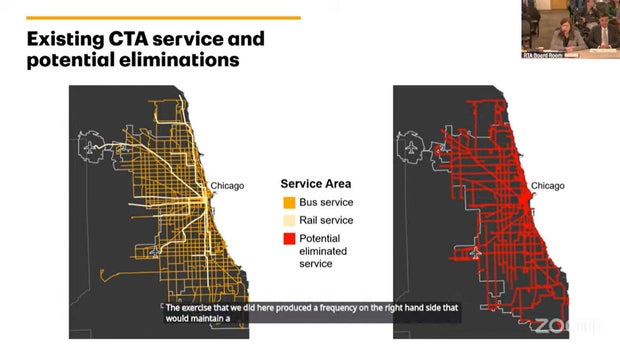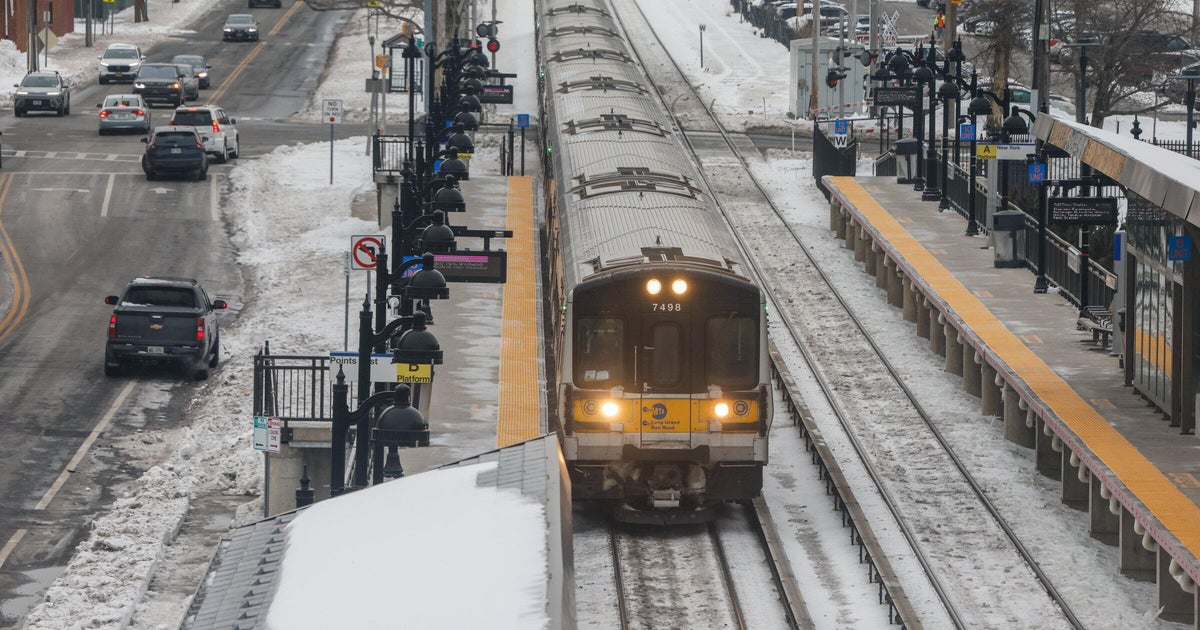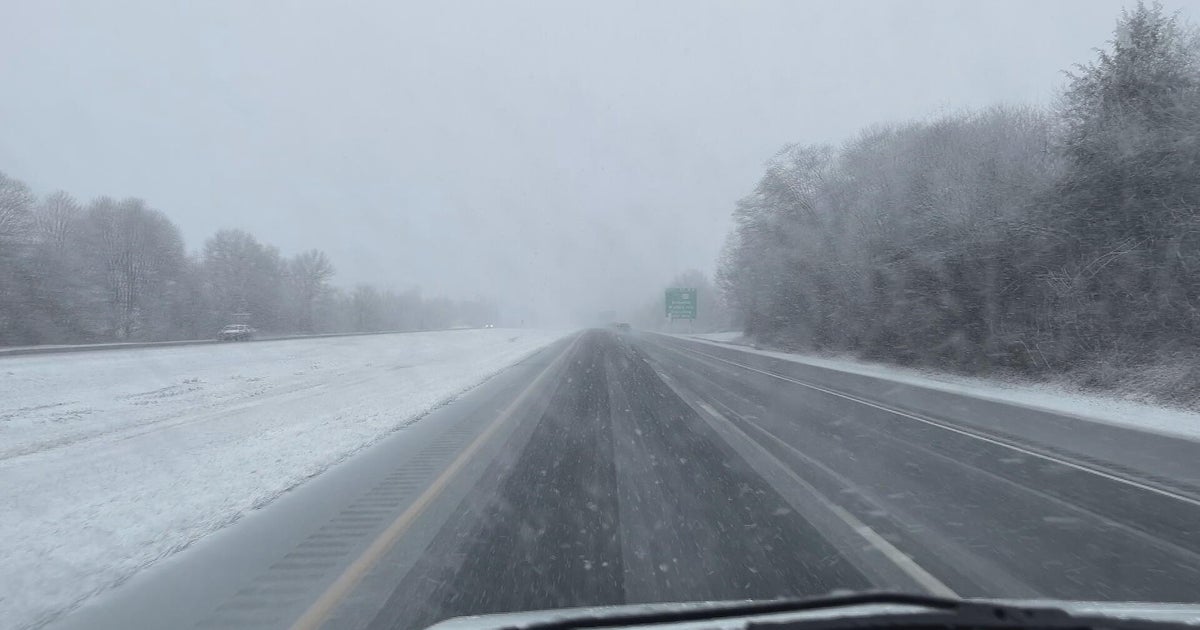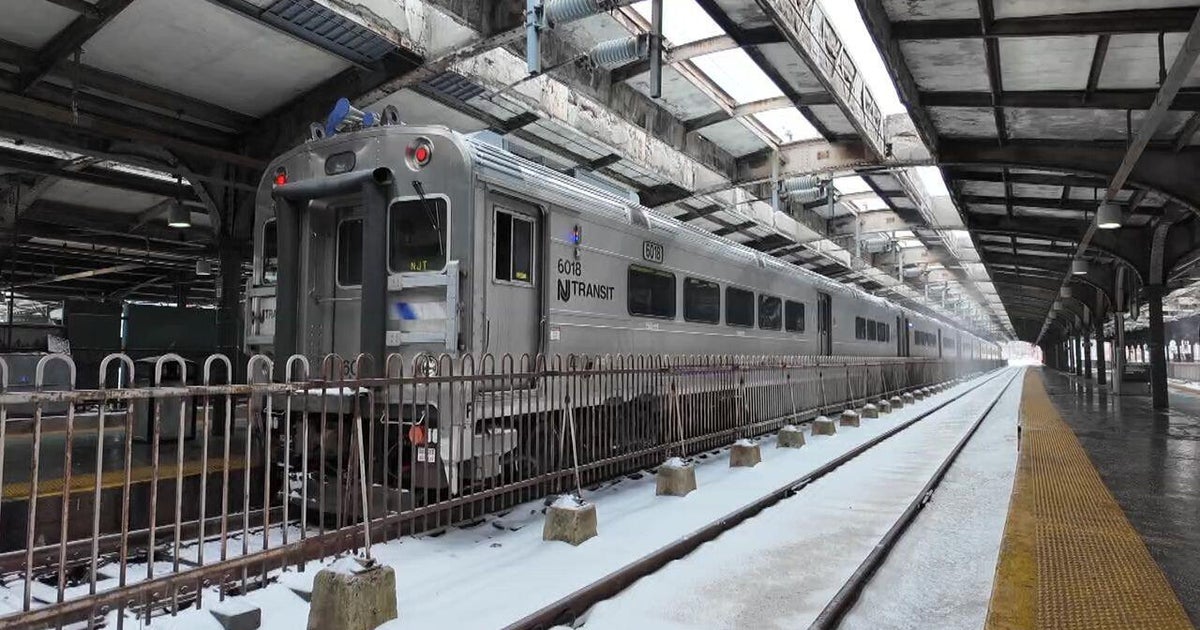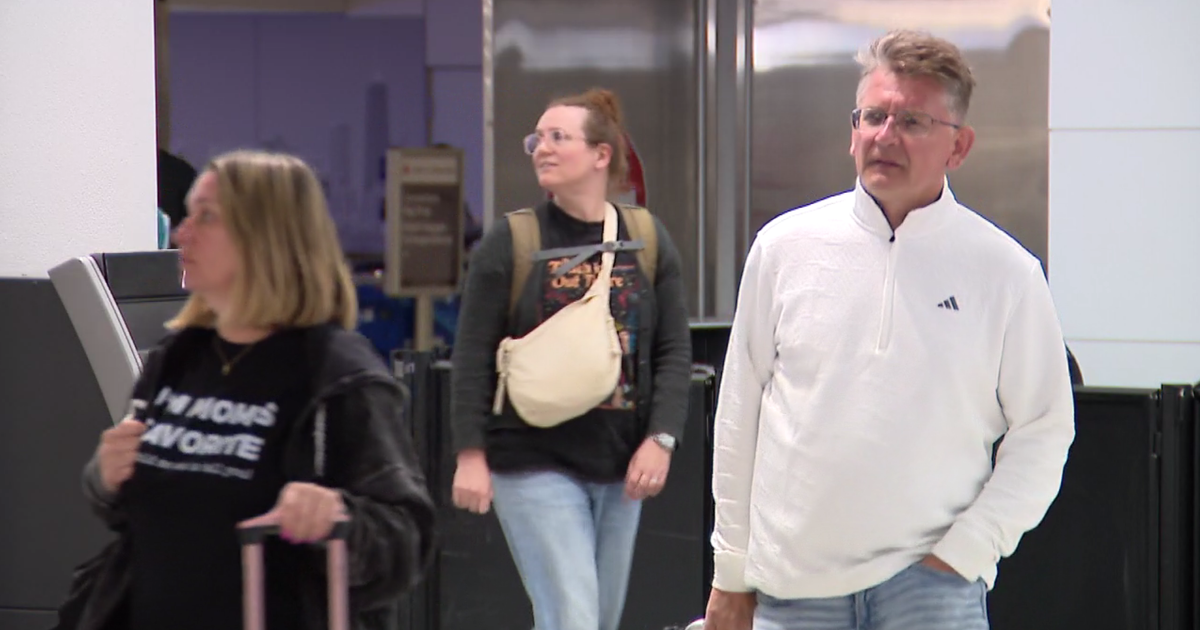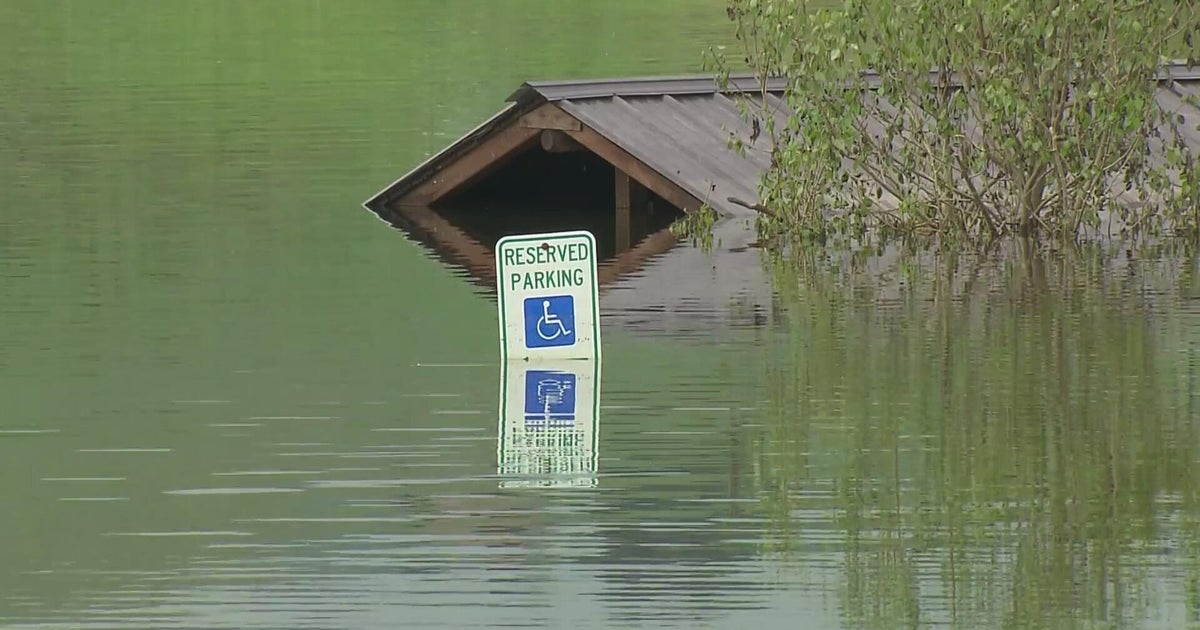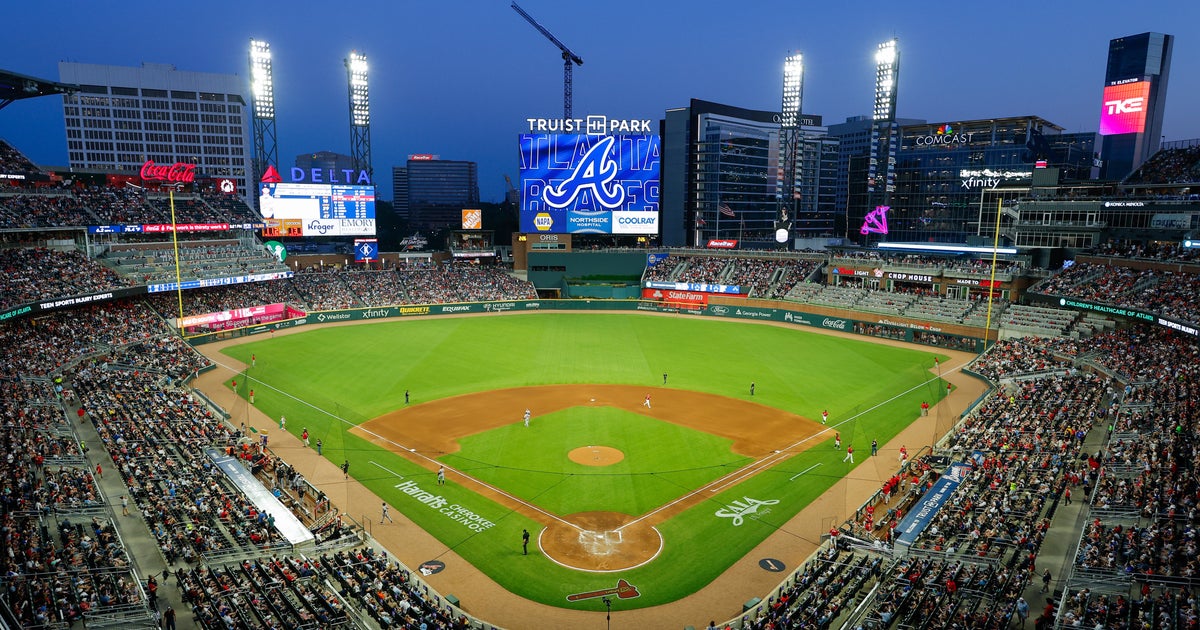CTA workers warn riders of potential mass transit cuts in Chicago area in 2026
CTA workers on Wednesday warned passengers of the potential for big transit cuts without additional state funding by next year.
The Regional Transportation Authority, which oversees the Chicago Transit Authority, Metra, and Pace, has said the Chicago area's mass transit systems are facing 40% service cuts in 2026 if the state doesn't help them close a $770 million budget shortfall.
CTA workers represented by Amalgamated Transit Union Local 308 passed out flyers at three CTA Blue Line and two Red Line stops on Wednesday morning and afternoon to raise awareness about what those cuts could mean for riders.
"Public transit, it thrives in the city of Chicago. It's the heartbeat. It connects everyone," CTA worker Cassie Collins said.
The RTA is not only calling on Illinois state lawmakers to close the $770 million budget gap for the CTA, Metra, and Pace but to provide a total of $1.5 billion in new money to maintain the system and expand service.
If the state doesn't address the budget gap, the agencies have said commuters will see significant cuts, delays, and travel headaches, no matter how they choose to get around.
Officials have said the CTA would have to eliminate some or all service on at least half of its train lines, close or significantly reduce service at more than 50 rail stations, and eliminate 74 of 127 bus routes.
Metra would have to eliminate all early morning and late evening trains, reduce weekday train service to one train per hour on each route, and cut weekend train service to one train every two hours on each route.
Pace would be forced to eliminate all weekend service and all weekday service after 8 p.m. They predicted overall higher wait times, with some routes seeing wait times increase to 30 or 60 minutes.
"[Riders] do seem a little shocked when I tell them that service cuts for entire bus lines are on the table; maybe even station closures," CTA employee John Brockway said as he distributed informational flyers on Wednesday at the Damen stop on the Blue Line.
CTA workers said the Chicago area would face a community-wide impact with these cuts
"A lot of areas that have public transportation, people depend on those. So if there are service cuts, we have nothing to get us where we need to go, and that's not only for the public, that's employees as well," Collins said. "It affects people's households. If people can't work or can't get access to work, that's income that's being affected."
Union workers at the CTA are also concerned about their own jobs without additional state funding.
The Illinois General Assembly is still working on a budget for 2026. State lawmakers said, while they support mass transit riders, there isn't enough support to provide CTA, Metra, and Pace with the $1.5 billion in additional funding the RTA is seeking.
"People want more transparency and accountability before new money is given to RTA," Illinois state Rep. La Shawn Ford (D-Chicago) said.
Ford confirmed state lawmakers are is looking at alternative cost-saving measures before they think about new revenue for the transit agencies. Some lawmakers have floated the idea of consolidating RTA, CTA, Metra, and Pace into one agency.
"Documents have proven that overtime is out of control, and so some of these agencies... People make more overtime than they make in their salaries," Ford said.
The RTA has said the only solution is more funding, but they admit an overtime evaluation could be useful.
"Consolidation for the sake of consolidation doesn't necessarily fix things, but fundamentally, we have a funding crisis, and we really need these monies to actually deliver more service and better service across the region," said RTA executive director Leanne Redden.
The RTA board will meet for the first time Thursday at 9 a.m. to discuss alternatives and the possible impacts of the agencies' funding concerns.
